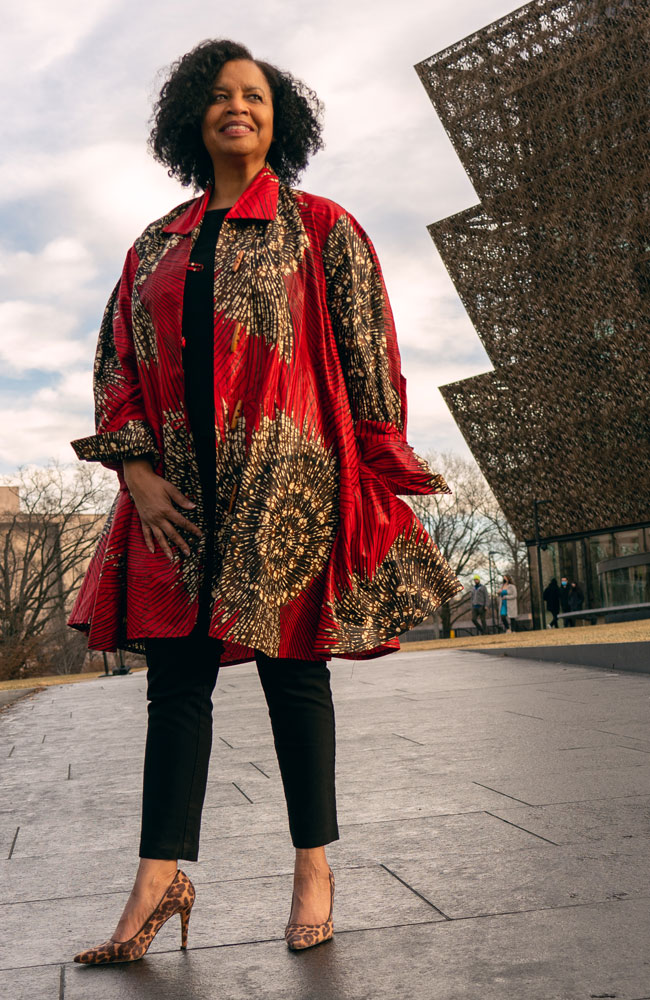editorial

For many of us, we exist on a string of crises and exigencies that knows no work stoppage. Rather than loading bikes and kayaks on the Subaru on Friday, we’re likely loading up the car to help move a relative from an evicted home, Harvey said. Or, we’re squeezing in the maintenance of a tenuous existence.
It would be funny, if it wasn’t so true. Or maybe it is funny because it is so true.
Take a page from urban Data Scientists and “Disaster Planners,” for example, where we can see that so many of us sit in life’s hurricane alley, literally and figuratively. Many among us, already experiencing wealth and income gaps, health disparities, and vulnerability to police misconduct, also live at the intersection of flood plains, wind and fire risk, and hazardous material sites or routes. We get no days off.
“The experiences of African-Americans in the midst of the worst disasters in American history have taught us that exposure to and the impacts of disasters are not equally distributed,” concluded John Cooper and Jaimie Hicks in “How Black History Has Influenced Disaster Planning.”(February 23, 2017, disasterphilanthropy.org) And, in the cleanup and rebuilding assistance phases, African Americans suffer the indignity of racial disparities “at every stage of the process,” said Ethan J. Raker, who studied the Federal Emergency Management Agency’s (FEMA) disaster response toward hurricane survivors from 2005 to 2016 (nytimes.com “Why Does Disaster Aid Often Favor White People” by Christopher Flavelle, Published June 7, 2021).
Sure, some of us have advanced in independence and security. We’ve trained ourselves to calculate our long game, our chess game, the strategic thinking and high-level decision making needed to advance the cause, to increase our resources and limit our vulnerability. But, that’s not everybody, and, there’s certainly no guarantee that for even the long-gamers, the crises won’t hit unexpectedly and devastatingly. At some point, we can all be suddenly reduced, once again, to a hyper-vigilant survival mode.
U.S. News and World Report pored through FEMA data in “The Demographics of Disaster” (by Steven Ross Johnson June 22, 2022) to find the most vulnerable counties in the U.S. No surprise that communities of color get hit harder, but in assessing the impact of disaster, they learned that it’s not just your vulnerability that determines the long range outcome, the resilience factor must be considered. But, what is that?
I thought of this recently as we found ourselves slugging our way through the valley of the shadow of death. With medical emergencies, long-term illness, aging parents, limited assets, mental illness, substance use and abuse, so much came down at once. There needed to be a fight with agencies, and appeals made to decision makers. In the ICU, I felt the weight of anxiety and sorrow in my chest. I asked God to help me do this season differently. So, we chose not to freak out, but relied upon the time-tested checkers. One move at a time, the best we could, under the guidance and providence of the Spirit.
Next, I remember putting the speaker phone on as our friends called in to sing a song! The joy that rained down in that room seeped out of the nurse’s eyes and onto her cheeks, and same for me. Any other time I would have told them to go on with that, but wait until it’s you in the valley, your blues turn into Negro spirituals (Ephesians 5:19, and Colossians 3:16). Never again, however, will I dismiss the beauty, truth and assurance of a godly song in an existential crisis.
Finally, never again will I underestimate the power in unity and faith (James 5:14, 16). This is not just community. It’s not just relationship. I’m talking about spiritual care, support, intervention and intercession. There can be no peace as you or your loved one hangs in the balance with unfinished business. In those moments, before it’s ever too late, we should all go for the deep, honest conversations that leave no offense uncovered, no apology unspoken, needed affirmation ignored, no fear unuttered, and no hope tethered. Blessed assurance, as the song says, comes in “echoes of mercy, whispers of love.”
Here’s to you. God sees you weathering the storm, one move at a time.

CARMELA MONK CRAWFORD, Esq., is Editor of Message Magazine